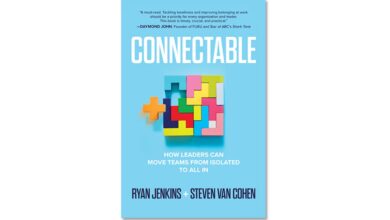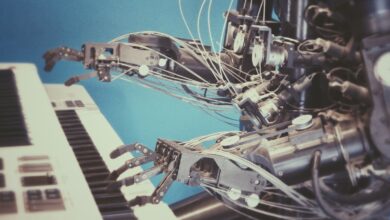5 things about AI you may have missed today: Bill Gates on AI, Coast Guard to get AI-powered patrol vessels, more

Today, December 20, artificial intelligence space has emerged as a big talking point again as various countries are taking significant steps in integrating the technology and formulating the right regulatory procedures. Microsoft co-founder Bill Gates has written a post looking back at 2023 and the year ahead. In his post, he predicted that AI will take center stage in 2024 and will “supercharge the innovation pipeline”. In other news, the defence ministry signed a Rs. 1,614 crore contract for the procurement of six AI-powered offshore patrol vessels for the Indian Coast Guard. This and more in today’s AI roundup. Let us take a closer look.
Bill Gates on AI
Former Microsoft CEO Bill Gates wrote an open letter today that he posted on GatesNotes, his personal blog, about 2023 and the upcoming year. He said, “This year gave us a glimpse of how AI will shape the future, and as 2023 comes to a close, I’m thinking more than ever about the world today’s young people will inherit…We now have a better sense of what types of jobs AI will be able to do by itself and which ones it will serve as a copilot for. And it’s clearer than ever how AI can be used to improve access to education, mental health, and more. It motivates me to make sure this technology helps reduce—and doesn’t contribute to—the awful inequities we see around the world. I’ve always been a firm believer in the power of innovation to offer every child an equal chance to survive and thrive. AI is no exception”.
“In a world with limited resources, you have to find ways to maximize impact. Innovation is the key to getting the most out of every dollar spent. And artificial intelligence is about to accelerate the rate of new discoveries at a pace we’ve never seen before…We’re taking a hard look at the wide array of AI innovation in the pipeline right now and working with our partners to use these technologies to improve lives in low- and middle-income countries,” he added.
Coast Guard to get 6 AI-powered patrol vessels
The Indian Defence Ministry has finalized a Rs. 1,614 crore contract with Mazagon Dockyard Shipbuilders Ltd to acquire six AI-powered offshore patrol vessels for the Indian Coast Guard, reports PTI. This procurement aims to enhance the Coast Guard’s maritime security capabilities. The contract, falling under the buy (Indian-IDDM) category, amounts to ₹1614.89 crore. Among the six vessels, four will replace aging offshore patrol vessels, while the remaining two will supplement the Coast Guard’s fleet.
“These modern and high-tech ships will play a critical role in enhancing surveillance, law enforcement, search and rescue, maritime pollution response, and other important capabilities including humanitarian assistance,” the ministry said in a statement.
AI image generators are being trained on explicit photos of children, report finds
A new report reveals that popular AI image generators contain thousands of images of child sexual abuse, urging companies to address this harmful flaw in their technology, according to a report by AP. These images contribute to the creation of realistic explicit content featuring fake children by AI systems. Previously, researchers believed that AI tools generated such content by combining adult pornography and innocent photos of children. However, the Stanford Internet Observatory discovered over 3,200 images of suspected child sexual abuse within the AI database LAION, used to train leading image-making AIs. The watchdog group collaborated with organizations like the Canadian Centre for Child Protection to identify and report illegal material to law enforcement.
UK Supreme Court says AI cannot be patent inventor
In a landmark case in the UK, a US computer scientist, Stephen Thaler, lost his attempt to register patents for inventions created by his AI system, DABUS, as per a report by Reuters. The UK’s Intellectual Property Office rejected Thaler’s request, stating that the inventor must be a human or a company, not a machine. Thaler appealed to the UK’s Supreme Court, which unanimously upheld the decision, emphasizing that under UK patent law, an inventor must be a natural person.
US government to write AI standards
The Biden administration is beginning the process of establishing standards and guidance for the safe deployment of generative AI, reports Reuters. The National Institute of Standards and Technology (NIST) is inviting public input until February 2 to determine key testing procedures for ensuring AI system safety. This initiative is in response to President Biden’s October executive order on AI, to develop industry standards addressing safety, security, and trust in AI development. NIST’s efforts include providing guidelines for AI evaluation, facilitating standards development, and creating testing environments. The request for input focuses on generative AI risk management and reducing risks associated with AI-generated misinformation.




